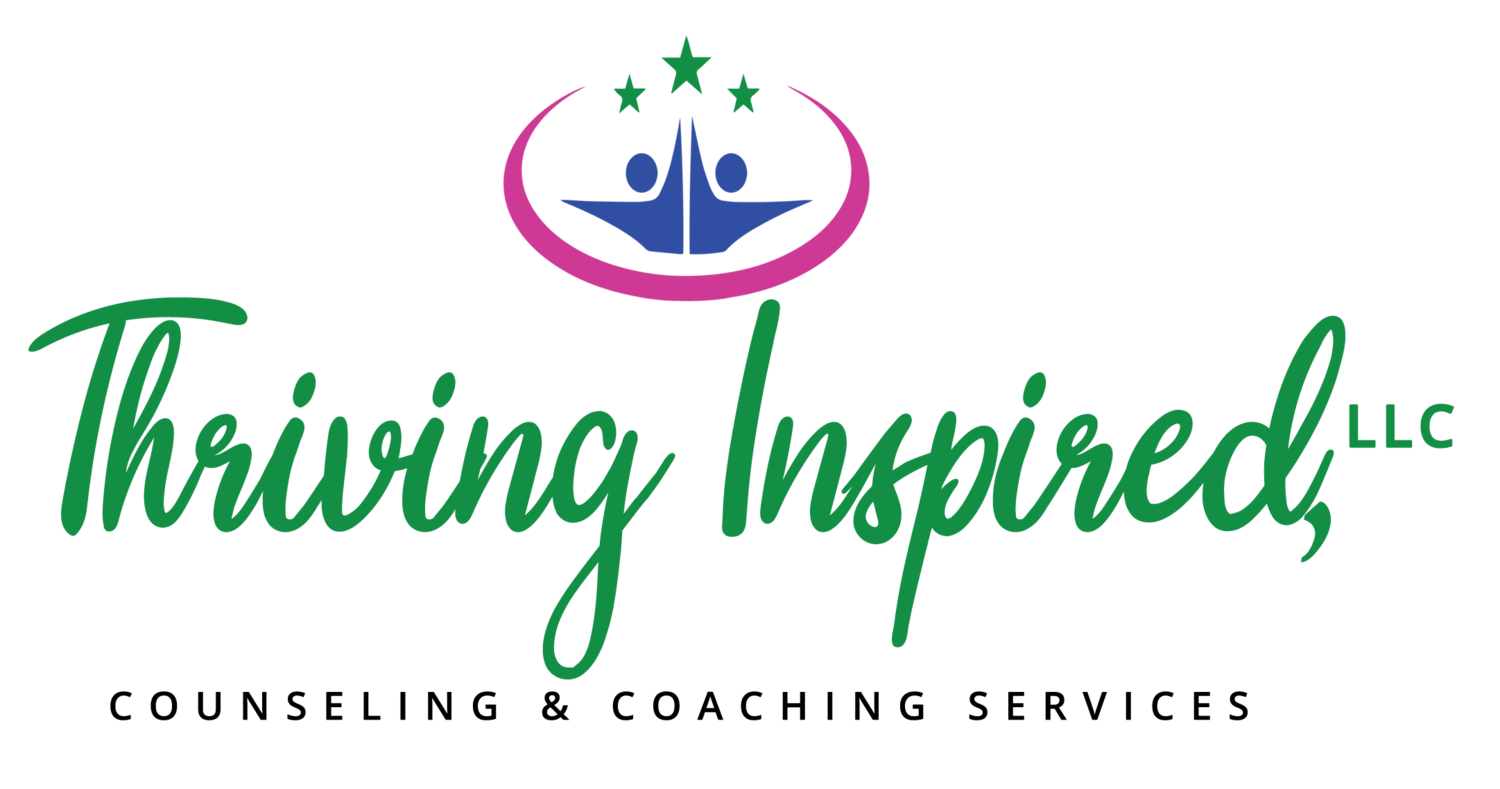“The most important thing may not be what you do, but what you do after what you have done”
Can you relate to this? Your child is having a meltdown in the store and you don’t handle it very well. In fact, you essentially have a meltdown of your own. Later that evening she starts running a fever and you realize, belatedly, that the earlier tantrum was due to her coming down with something. How about this one? You are stressed at the end of a long day. Your child has a question, or wants to share something with you, and you snap! The kind of response that leaves him dazed and confused. These are some of the actions of loving, caring parents...who also happen to be human. Unfortunately many parents beat themselves up over these mistakes, not realizing the powerful learning opportunities present in these moments.
You may ask...“What could possibly be beneficial about me losing my cool with my child?” Let me be clear, this is not about a pattern of anger and frustration directed at your child. If there is an ongoing difficulty with regulating your own emotions, then I urge you to seek the support of a professional to work with you on this. However, even the calmest, most patient, loving parent occasionally gets overwhelmed. We intend to be our best selves but fall short sometimes. Other times we may make incorrect assumptions or misinterpret the actions of our children. Be gentle with yourselves. Within these encounters are opportunities to teach and strengthen your relationship with your child.
It is important for children to learn that a range of emotions are okay, even the difficult ones. When a child sees that grown ups get frustrated or impatient it can be normalizing. She is likely struggling to regulate her own emotions, and with limited success. Children are often harder on themselves than their parents are. Failure to meet expectations can undermine self-esteem and lead to the belief that “I just can’t do it”. Seeing that adults sometimes have similar struggles can help the child develop a different perspective. This is especially impactful when combined with the second benefit...the opportunity to repair the relationship.
As the quote above suggests, it is not so much about the mistake, but what you do after that is important. When a parent has the opportunity to model the appropriate actions, after making a mistake, they provide their child with an experience that is beneficial throughout the lifespan. Perhaps one of the most important lessons is learning that the relationship is still intact after the upset. Emotions change, people feel better and it is possible to soothe hurts. Your child can also learn how to take responsibility for his actions even when it is hard to do so.
Here is how to make your mistake a teachable moment for your child:
Acknowledge what you did. Be specific, for example, “Earlier I raised my voice at you”
Apologize - “I am sorry I did that”
DO NOT offer any excuses or justifications. If you find yourself saying “but” after the apology, STOP.
Check how he felt during the incident. You may offer an opening such as…”You probably felt hurt when I did that”. Allow space for him to fully express himself as needed
Depending on the circumstances - make amends, problem solve and/or discuss how you can better handle similar situations in the future
Parents are constantly striving to be better in their role. Thankfully most of us are no longer trying to achieve perfection, but we do want to learn and improve. It is important to remember that learning and growing often occurs in those situations where we feel that we “messed up”. Sometimes there can be benefits, not only for us as parents, but also for our children who look to us to provide guidance through the missteps.
